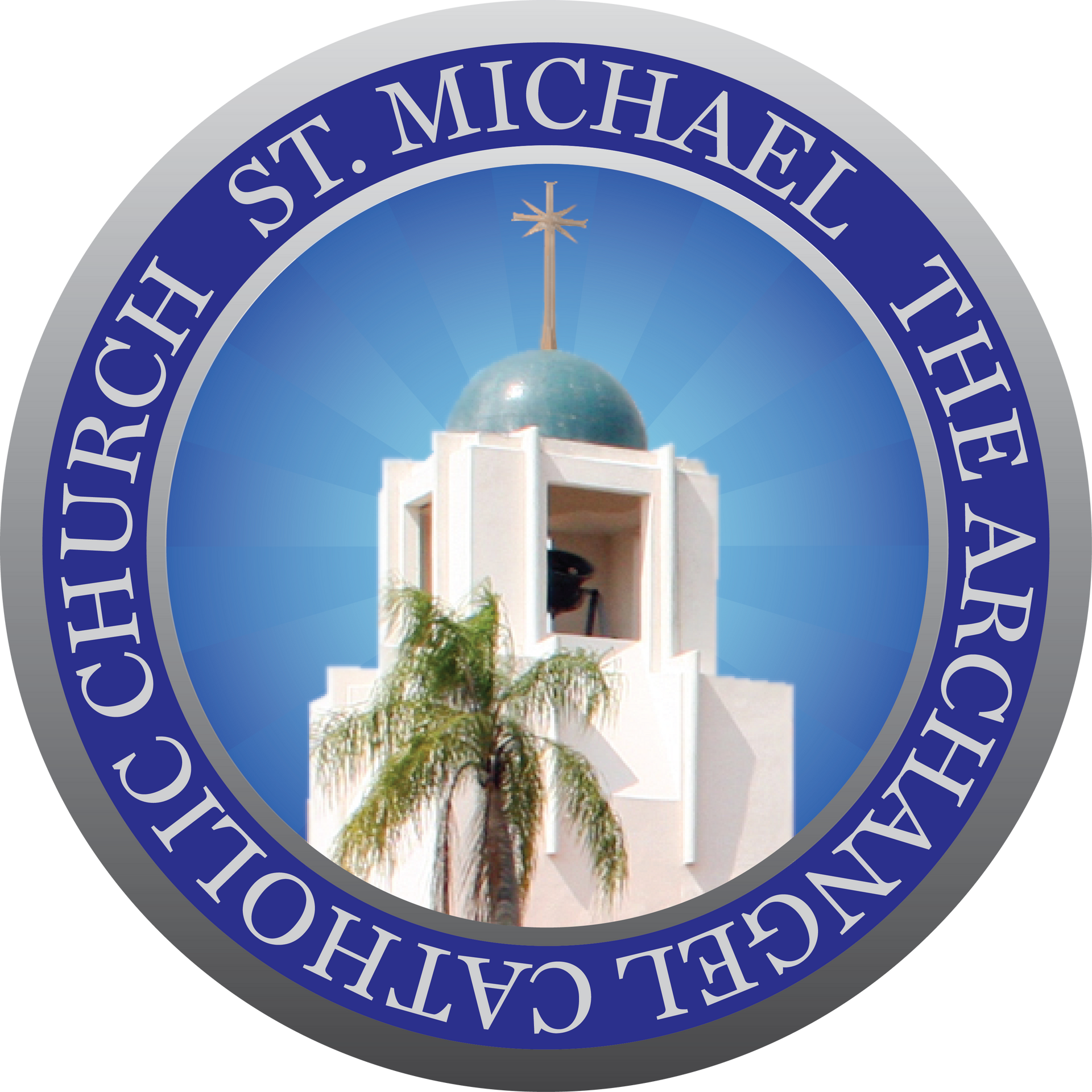Fast Before Communion
Question: Do we need to fast for one hour before Mass, or one hour before communion?
Answer: The practice of fasting before receiving the Eucharist is a centuries-old act of devotion that was once very different than it is today. In the 1917 Code of Canon Law, for example, anyone who wanted to receive the Eucharist had to fast from midnight until the time of communion (even water and medications were forbidden). Over the following decades, the rules for the eucharistic fast were relaxed, first by Pope Pius XII and, later, by Pope Saint Paul VI.
The current Code of Canon Law (1983) states very clearly: “A person who is to receive the Most Holy Eucharist is to abstain for at least one hour before holy communion from any food and drink, except for only water and medicine” (Canon 919, §1). And, in the case of those who are ill and the elderly, the rules are even more accommodating, “The elderly, the infirm, and those who care for them can receive the Most Holy Eucharist even if they have eaten something within the preceding hour” (Canon 919, §3).
So, if we strictly follow the “letter of the law,” the fast is calculated from the time of Holy Communion and not the start of Mass. However, when we remember why we fast — it is a reminder of the deeper hungers of the spirit that our physical thirst or hunger symbolize — we see that the issue is much bigger than simply fulfilling what is called for by Church Law and tradition. Joining fasting to our prayers and reflection before Mass is an opportunity to really center ourselves and to prepare our minds, hearts, and bodies to welcome the One we receive in the Eucharist.
©LPi
